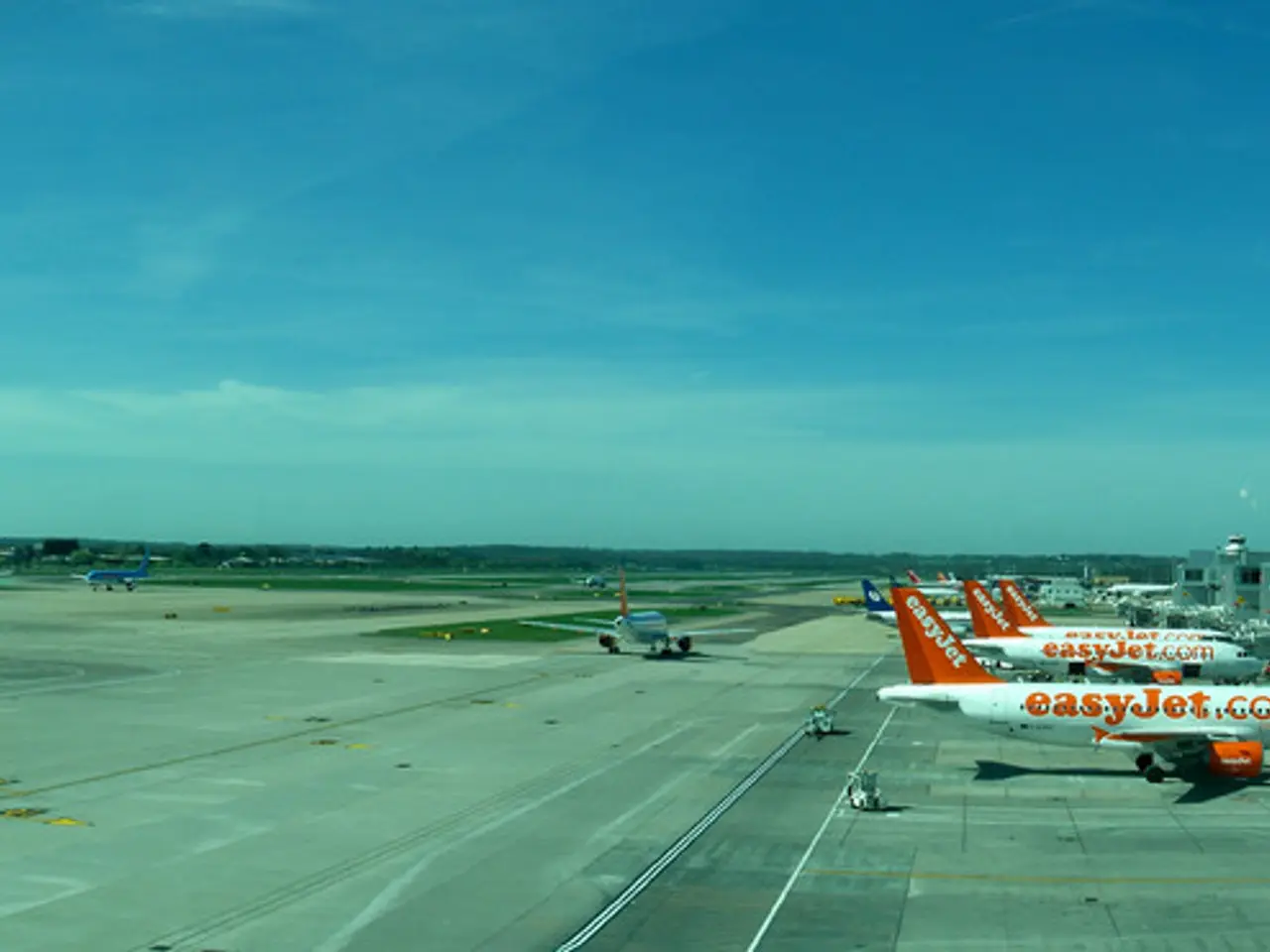Kenya seeks funding from development banks for airport growth, following the abandonment of the Adani agreement.
In a significant shift in strategy, Kenya is inviting major international development agencies to finance a $2 billion expansion of the Jomo Kenyatta International Airport (JKIA) in Nairobi. The move comes after the cancellation of a previous deal with India's Adani Group, following the indictment of its founder in the United States.
The expansion project, which aims to construct a second runway and a new terminal, is expected to increase JKIA’s capacity, targeting over 25 million passengers by the end of 2025 and solidifying Kenya's role as an East African aviation hub.
Alongside this, Kenya plans to issue a securitized bond worth approximately $1.36 billion for related infrastructure such as road construction to support the airport’s expansion. The Transport Minister, Davis Chirchir, mentioned that the government will securitise a portion of the fuel levy it charges motorists for the bond issue. The bond for road construction will be split into two halves for both a local and an offshore listing.
The invited lenders include the European Investment Bank, African Development Bank, KfW (a German state-owned development bank), Japan International Cooperation Agency, and China Exim Bank. The government has written to these agencies seeking their participation in financing the expansion project by leveraging JKIA's balance sheet.
The scrapping of the previous deal with the Adani Group was due to U.S. authorities indicting Gautam Adani and several executives for allegedly paying bribes and misleading U.S. investors. The Adani Group has rejected the allegations as "baseless" and is cooperating with legal processes.
This financing strategy reflects Kenya’s shift toward traditional development finance institutions after dropping the Adani deal, aiming to leverage creditworthy lenders to manage rising public debt while expanding critical infrastructure.
| Aspect | Details | |---------------------------------|---------------------------------------------------------------------------------------------------------| | Project cost | Approximately $2 billion | | Financing sources invited | European Investment Bank, African Development Bank, KfW, Japan International Cooperation Agency, China Exim Bank | | Previous deal with Adani Group | Canceled after founder’s indictment in the U.S., around nine months before August 2025 | | Additional funding | Securitized bond of about $1.36 billion for access roads and related infrastructure | | Project features | Second runway, new terminal, capacity for >25 million passengers/year expected by end of 2025 |
The new plan is to build the airport first and then concession it later, unlike the previous plan which would have seen Adani carrying out the expansion and then operating the airport for a 30-year lease. As the government secures the funds for the airport expansion, it will look for a contractor to carry out the work.
Investing in the airport expansion, Kenya will seek funds from development agencies such as the European Investment Bank, African Development Bank, KfW, Japan International Cooperation Agency, and China Exim Bank. This shift in strategy will help Kenya secure creditworthy lenders to manage rising public debt while expanding critical infrastructure, like the construction of a second runway and a new terminal at Jomo Kenyatta International Airport (JKIA).
The government plans to issue a securitized bond of approximately $1.36 billion for related infrastructure, including road construction to support the airport’s expansion. Additionally, business opportunities will arise once the airport is completed, as the government will search for a contractor to carry out the work and later concession the airport.




